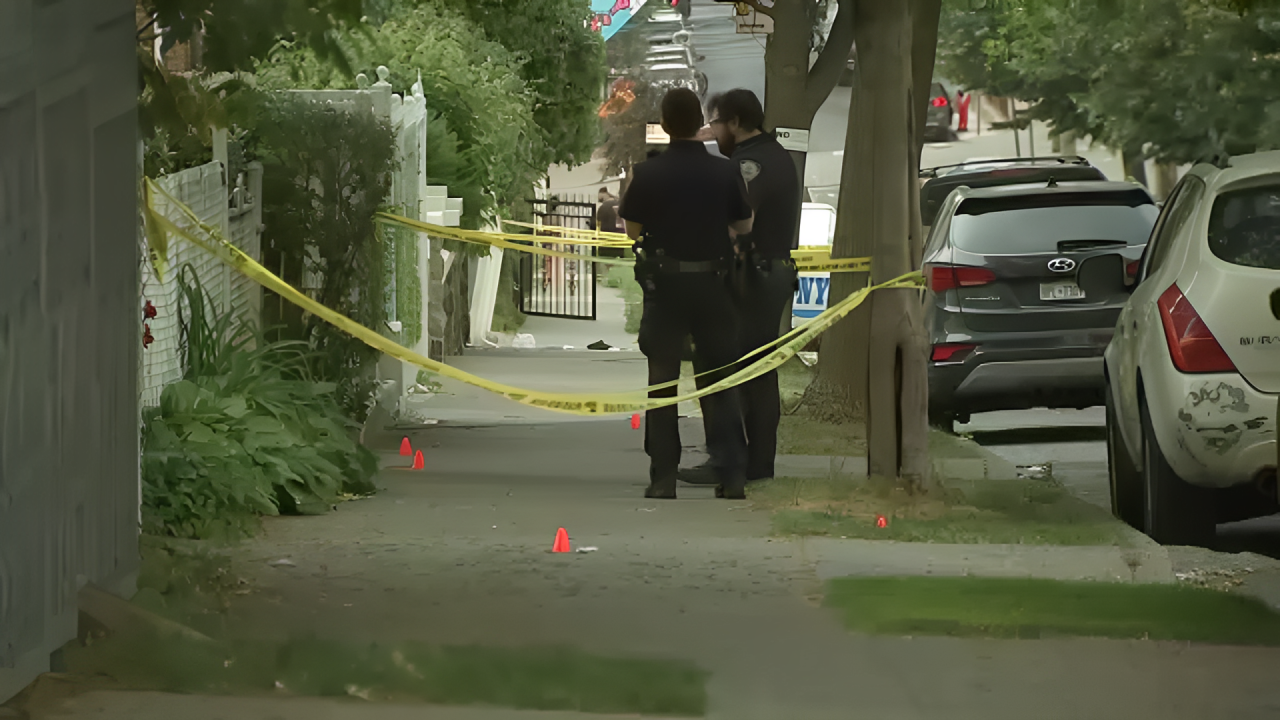Daylight Saving Time (DST) is an annual occurrence that shifts clocks forward in the spring and back in the fall. In 2025, residents of Harrisburg, Pennsylvania, will need to set their clocks forward by one hour on Sunday, March 9, at 2:00 AM. This transition marks the beginning of longer daylight hours in the evening but also comes with the challenge of adjusting to the loss of an hour of sleep.
Understanding the benefits, drawbacks, and strategies for adapting to DST can help Harrisburg residents make a smoother transition. This guide provides key insights into how DST impacts the city and what steps you can take to minimize its disruptions.
Why Daylight Saving Time Exists
DST was originally implemented to make better use of daylight and reduce energy consumption. The practice dates back to World War I and was later formalized under the Uniform Time Act of 1966. Today, the majority of the U.S., including Pennsylvania, observes DST.
The primary objective of DST is to extend daylight into the evening hours, which can reduce electricity usage, encourage outdoor activities, and boost economic activity. However, the shift also comes with some disadvantages, including temporary sleep disturbances and potential health impacts.
How DST Affects Harrisburg
Harrisburg, the capital of Pennsylvania, experiences several notable changes when DST begins. Here’s how the shift impacts daily life:
1. Increased Evening Daylight
With the clocks moving forward, sunset occurs an hour later. This change allows businesses, parks, and entertainment venues to remain active for longer periods, contributing to a more vibrant evening culture in Harrisburg.
2. Potential Sleep Disruptions
Losing an hour of sleep can be difficult for some individuals, especially those with rigid sleep schedules. Many residents may experience grogginess or reduced productivity in the days following the time change.
3. Traffic and Safety Considerations
Studies have shown that the transition to DST can temporarily increase the risk of accidents due to sleep deprivation. Harrisburg drivers should exercise extra caution on the roads, especially during the early days of the transition.
4. Economic and Social Benefits
Local businesses, particularly in the restaurant and retail sectors, may experience a boost in sales due to longer daylight hours. Outdoor events, recreational activities, and community gatherings can also benefit from the extended evening light.
Tips for Adjusting to DST
To make the transition easier, consider the following tips:
1. Gradually Adjust Sleep Schedules
Start going to bed 15-30 minutes earlier each night for a few days before DST begins. This gradual shift can help your body adjust more smoothly to the time change.
2. Maximize Natural Light Exposure
Spending time outside in natural light, especially in the morning, can help regulate your body’s internal clock and make it easier to adapt to the new schedule.
3. Limit Screen Time Before Bed
The blue light emitted from electronic devices can interfere with melatonin production, making it harder to fall asleep. Reduce screen exposure at least an hour before bedtime.
4. Stay Active
Physical activity can help regulate sleep patterns. Consider engaging in light exercise, such as walking or jogging along the Susquehanna River, to help your body adjust.
5. Monitor Caffeine and Alcohol Intake
Caffeine and alcohol can disrupt sleep quality. Avoid consuming these substances too close to bedtime, particularly in the days leading up to DST.
Conclusion
Daylight Saving Time 2025 will bring longer evenings and new opportunities for outdoor and social activities in Harrisburg. However, the shift also requires some adjustment, particularly regarding sleep patterns and daily routines.
By preparing in advance and implementing small changes, residents can make the transition smoother and enjoy the benefits of extended daylight hours.
Whether you plan to take advantage of local parks, explore downtown attractions, or simply appreciate the longer days, being proactive in adapting to DST will help you make the most of the change.








